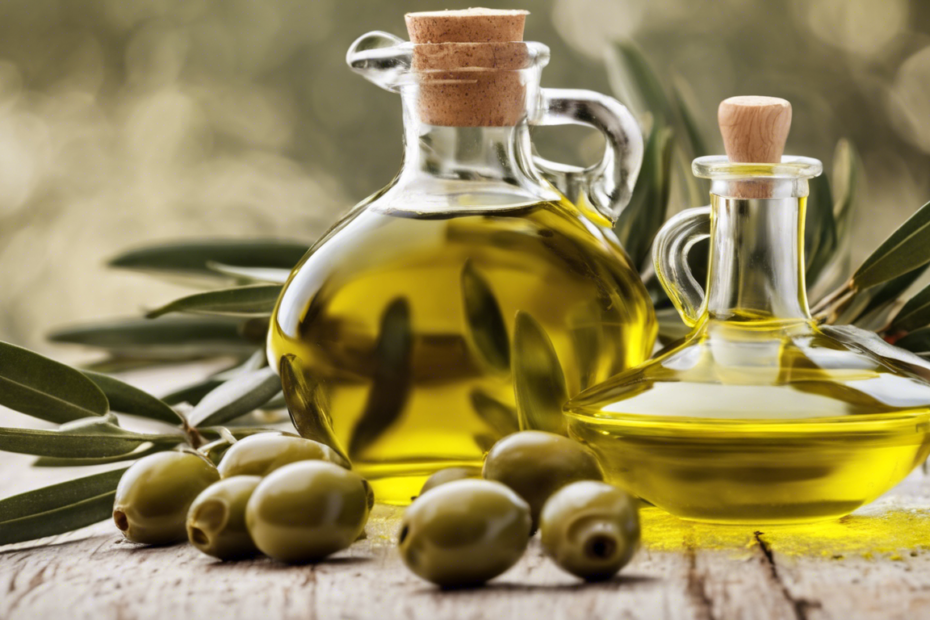When it comes to healthy fats, olive oil often takes center stage, praised for its flavor and heart-healthy benefits.
But if you’re wondering whether olive oil is high in omega-3 fatty acids, you’re not alone!
In this article, we’ll dive into the world of omega-3s, explore the nutritional profile of olive oil, and see how it stacks up against other sources of these essential fats.
Let’s uncover the truth about this beloved oil!
Comparing Olive Oil with Other Sources of Omega-3
When it comes to Omega-3 fatty acids, many people wonder, ‘is olive oil high in omega 3?’ The short answer is, not really!
While olive oil is packed with healthy fats, especially monounsaturated fats like oleic acid, it doesn’t provide a significant amount of Omega-3s compared to sources like flaxseeds, chia seeds, and fatty fish such as salmon or mackerel.
These alternatives are loaded with ALA (alpha-linolenic acid), EPA (eicosapentaenoic acid), and DHA (docosahexaenoic acid), which are crucial for heart health and cognitive function.
So, if you’re looking to boost your Omega-3 intake, you might want to reach for those fishy treats or plant-based options instead of relying solely on olive oil.
However, that doesn’t mean you should ditch olive oil altogether; it’s still a delicious and heart-healthy choice for your cooking and salad dressings!
Frequently Asked Questions
Is olive oil high in omega-3 fatty acids?
Olive oil is not particularly high in omega-3 fatty acids.
It primarily contains monounsaturated fats and some omega-6 fatty acids, but only a small amount of omega-3.
What are the different types of omega-3 fatty acids?
There are three main types of omega-3 fatty acids: ALA (alpha-linolenic acid), EPA (eicosapentaenoic acid), and DHA (docosahexaenoic acid).
ALA is found in plant oils like flaxseed and chia, while EPA and DHA are primarily found in fish.
What are the health benefits of omega-3 fatty acids?
Omega-3 fatty acids are known to promote heart health, reduce inflammation, support brain function, and may even help with mood disorders.
They’re essential for overall health.
How does olive oil compare to other sources of omega-3?
Olive oil is a great source of healthy fats, but it doesn’t measure up to sources like fish or flaxseed when it comes to omega-3 content.
If you’re looking to increase omega-3 intake, consider adding those foods to your diet.
Can I use olive oil as my main source of healthy fats?
Absolutely!
Olive oil is a fantastic source of monounsaturated fats, which can benefit heart health.
Just be mindful that it doesn’t provide much omega-3 fat, so consider incorporating other sources into your diet as well.
